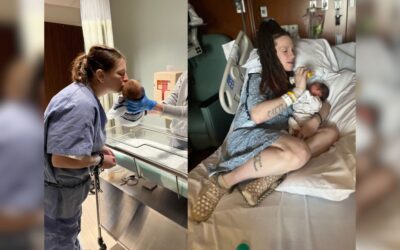
(AP photo/Steve Helber)
In this year’s fight for majority control of the General Assembly, abortion emerged as a key issue and a bright-line distinction between Republican and Democratic candidates for the Virginia House and Senate. By electing Democratic majorities in both chambers, voters in the commonwealth told lawmakers that they wanted reproductive rights in the commonwealth to be protected.
Republican Gov. Glenn Youngkin, whose Spirit of Virginia PAC donated millions of dollars to GOP candidates and supporting organizations, made it clear that his party planned to implement a 15-week abortion ban in Virginia. Democratic victories put this goal out of reach for Republicans, and the commonwealth will remain the last state in the South where reproductive rights are protected after the US Supreme Court struck down Roe v. Wade last year.
Now that Virginians’ reproductive freedoms are no longer under immediate threat, the incoming Democratic majorities in the General Assembly are indicating that they plan to take steps to prevent them from future threats.
While Youngkin’s veto pen will prevent Democrats from passing new laws expanding abortion protections for the next two years, a different, if more challenging, path to protecting these freedoms does exist: specifically, amending the state constitution.
“Since the election has been over, I’m hearing from even more people,” Senator-elect Schuyler VanValkenburg said at a press conference recently. “I’m hopeful that moving forward we can be constructive and put these protections in the constitution, because that’s where it belongs.”
This new way of playing offense on reproductive rights doesn’t involve the governor, and Democrats don’t need huge supermajorities to accomplish it. They will, however, need patience and the help of Virginia voters.
The process for amending Virginia’s constitution is a multi-year one. Specifically, any proposed amendment must pass both chambers of the legislature in two consecutive years, but those years must have a state (odd-year) election in between. Then, the amendment would appear on the ballot in the subsequent election, and voters would have to approve it. If the proposed amendment is ratified at the ballot box, then it becomes a part of Virginia’s constitution.
Functionally, this means that the Democratic majorities in the House and Senate would have to pass a constitutional amendment protecting abortion in the 2025 General Assembly session and again in the 2026 session. Only then would the amendment appear on the 2026 ballot.
Obviously, absent a dramatic change in Republicans’ position on reproductive rights in the interim, Democrats would have to hold their majority in the House of Delegates in the 2025 elections for this plan to succeed (the Senate won’t be on the ballot again until 2027).
Democrats attempted to start the process of approving a state constitutional amendment protecting reproductive rights in this year’s legislative session. It passed the Democratic-majority Senate but went on to die in a GOP-controlled House committee.
Since Virginia’s current constitution was adopted in 1971, the General Assembly has attempted to amend it 62 times; voters have approved 54 of those amendments. The most recent amendments were ratified in 2020. One of these established Virginia’s bipartisan redistricting commission, and the other exempted vehicles owned by disabled veterans from property taxes.
In the meantime, the Democratic majorities in the General Assembly will likely attempt to protect or expand reproductive rights legislatively in the 2024 session. But Youngkin’s strident opposition to abortion all but guarantees vetoes of any bills in this vein that Democrats are able to pass, so Virginians should not expect any meaningful changes either expanding or limiting reproductive rights in the near future.
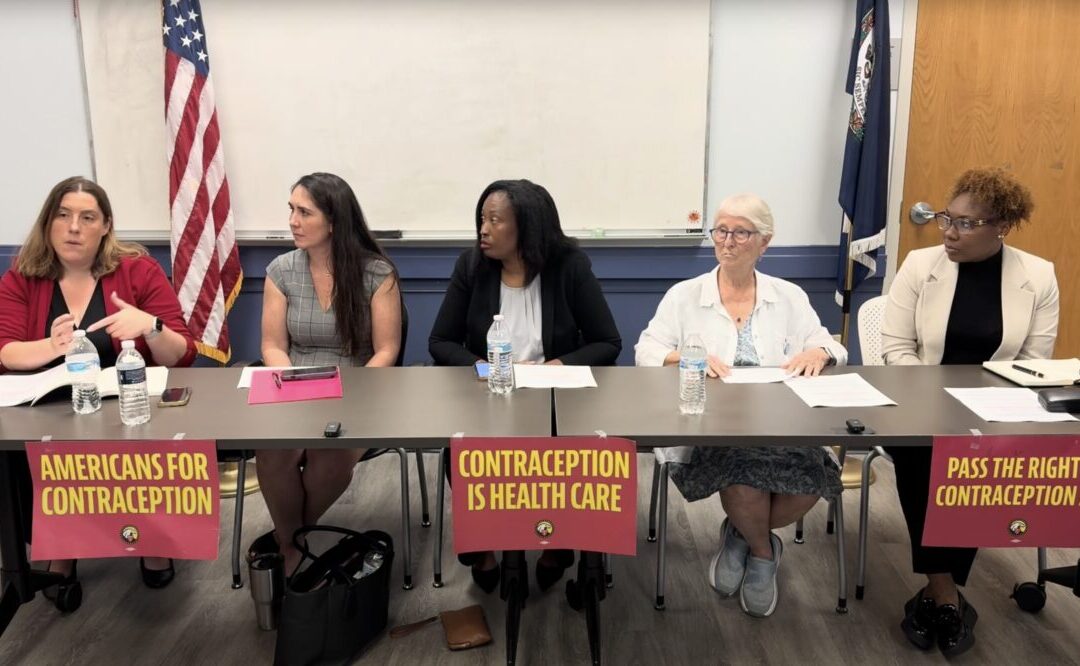
At a Virginia roundtable, advocates warn contraception rights are at risk
The event spotlighted Virginia’s stalled Right to Contraception Act and the broader fight against policies that could strip thousands of Virginians...

In her own words: Why this Texas physician now helps women in Virginia
Dr. Lou Rubino is just one of many physicians who’ve left Texas as a result of the state’s multiple abortion bans—laws that prevent doctors from...
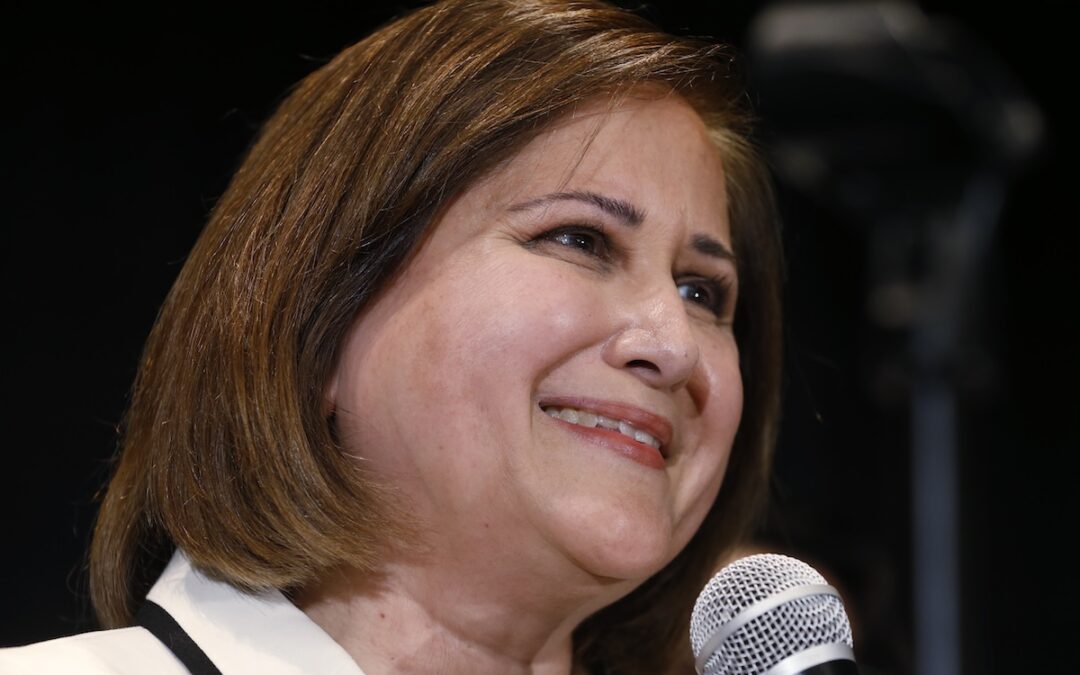
Ghazala Hashmi speaks out: ‘I’m so thankful my doctor could save my life’
The Democrat running for lieutenant governor of Virginia reveals she had two dangerous miscarriages—and pledges to protect reproductive rights for...
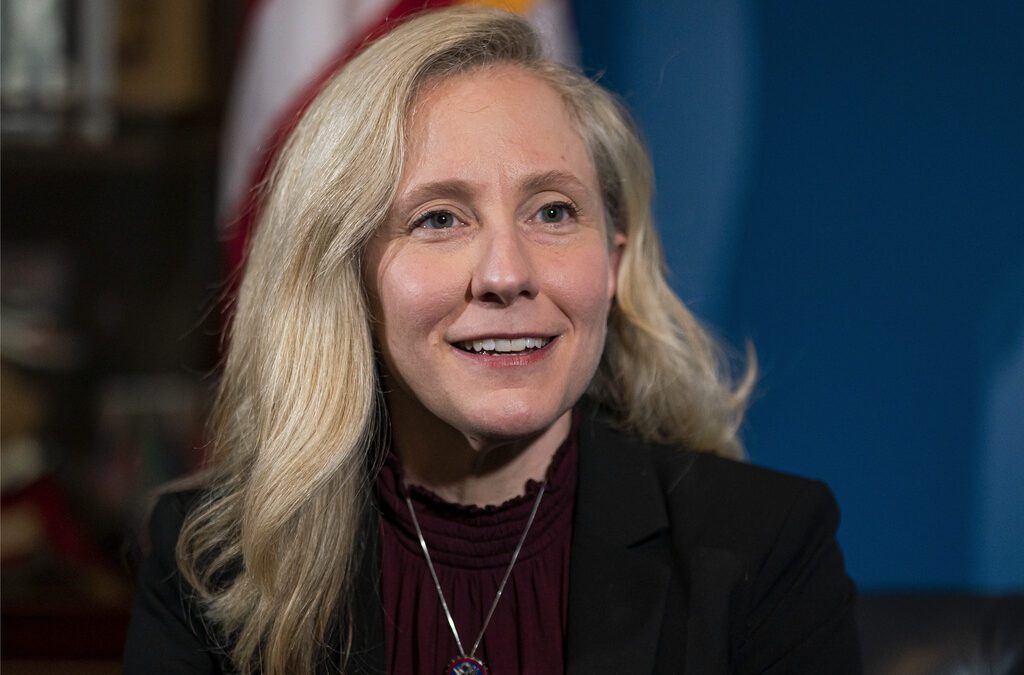
Spanberger makes reproductive rights a cornerstone of her run for governor
She's pledging to defend contraception access and expand abortion protections. Virginians got to learn a little more about the Democrat running for...
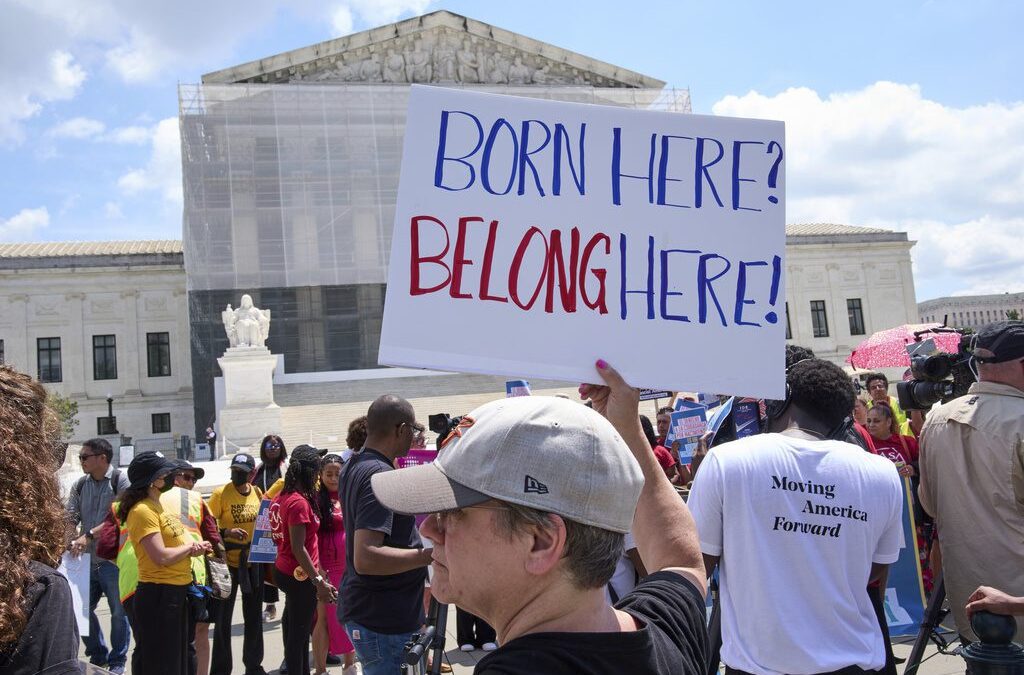
Supreme Court limits nationwide injunctions, but fate of Trump birthright citizenship order unclear
WASHINGTON (AP) — A divided Supreme Court on Friday ruled that individual judges lack the authority to grant nationwide injunctions, but the...
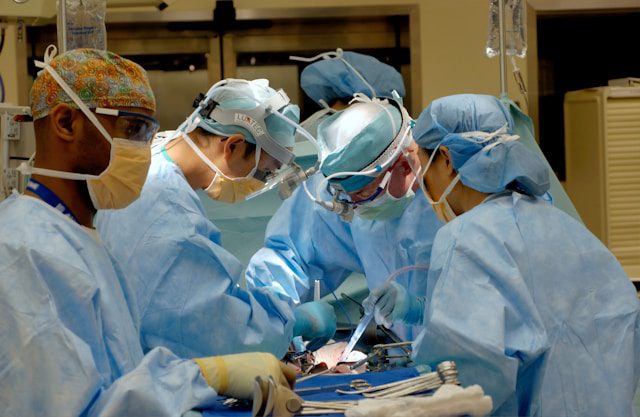
Several hospitals in rural Virginia are at risk of closing if Trump’s ‘big beautiful bill’ passes
Studies reveal that at least half a dozen rural hospitals and health centers in Virginia will be forced to close their doors if the Trump...



